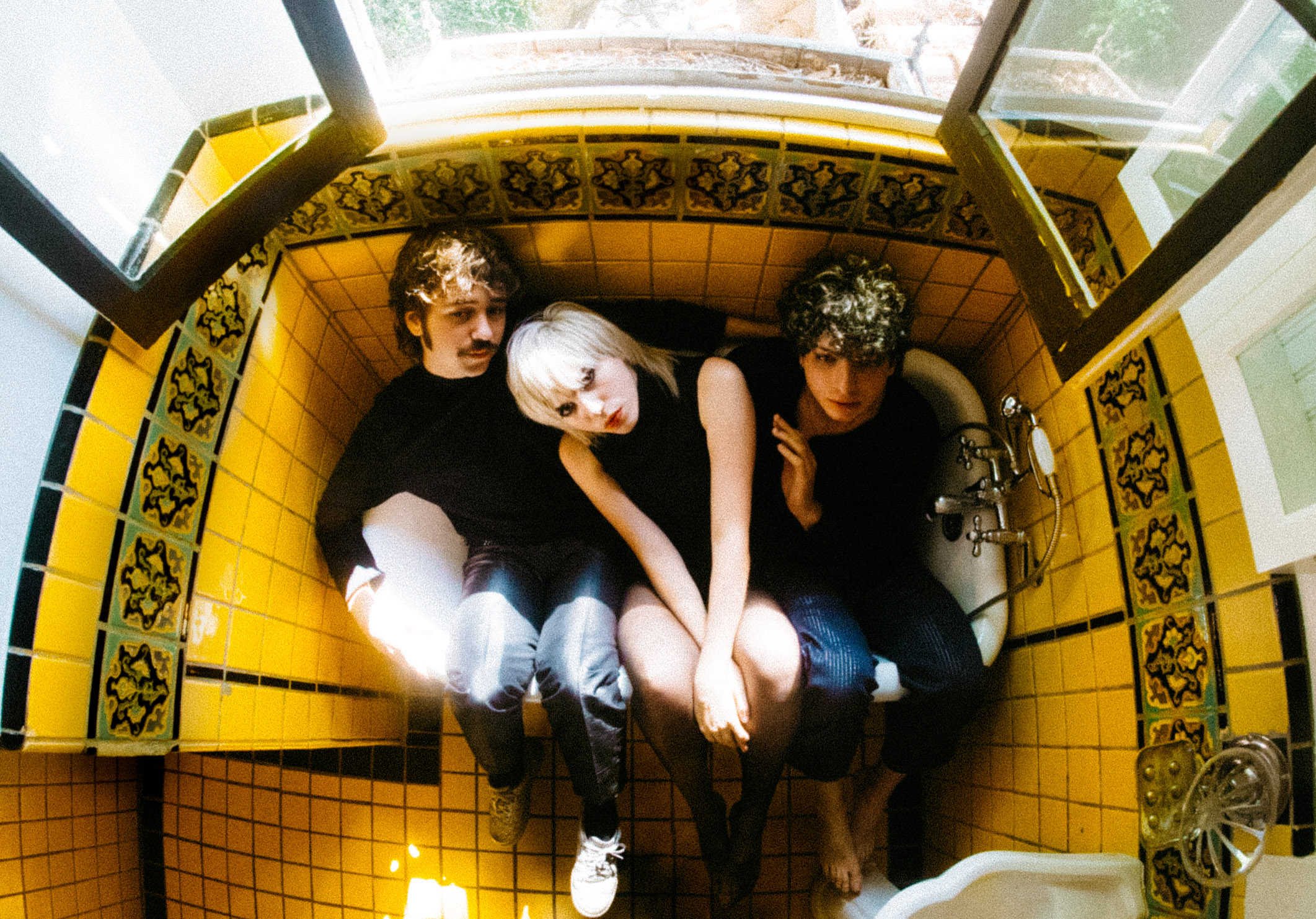
Richie Phoe has been living in Brighton for five years now, and makes critically lauded dub and reggae. So why come to Brighton to play and produce reggae? “Before the move I was coming here on the weekend to buy reggae vinyl… there was just nothing in Portsmouth. Brighton’s got the reputation, and I knew it already…why not?”
Did Brighton meet with expectations? “It was overwhelming at first. There was only one reggae and dub night in Portsmouth and, well, it was mine. I got here, and there were three or four big nights. Nights like Aba Shanti at the Volks, Roots Garden; yeah, I was impressed when I got here.”
Brighton’s music scene generally moves fast; whether this translates as ‘progressive’ or ‘rootless’ probably depends on whether you’re the generation coming up, or the one that’s going down. There are plenty of long established nights, okay, but the city also likes a fad, music or otherwise; not knocking genres with a rapid ascendancy but, well, their descent often seems to leave tracks too.
Citing dub-step – a fun, dark, danceable and oddly approachable ‘step – as such a form is certain to invite scary emails, if not a real world spit ball or three; it’s all of the above, remember? On dub-step Richie is courteous; “I sit on the fence. I’m not heavily into DS…It purposefully avoids texture. I like that, sometimes, but it’s not the way I make music.”
Has dub-step’s current and increasingly mainstream popularity been good for reggae; for your sound? “It helps to keep everyone feeling a bit slower. People were coming up to me in Portsmouth and saying ‘got anything faster mate?’ – that was annoying. But dub-step changed that. People learnt to dance to the bass line again. Even at D&B nights, where typically people danced to the drums, have mellowed.”
Richie was first signing was to the now defunct label Grand Central Records in 2004, along with AIM and Fingathing. The label folded quickly after his signing; “it was a blow for everyone” Richie says. Soon however Rob Da Bank got wind of Richie’s bouncy, organic sounding reggae in 2006. Da Bank, or just Bank, played some of Richie’s music on the radio, as did Mark Lamarr and Steve Lamacq. “I told my whole family. Everyone, just in the street. I spent the money I made on texts, probably.”
Sometimes the most prosaic questions get the best, or at least the most provocative answers. How has the internet, and the increased availability of music production software changed music? “Cheap laptops ruined Myspace” Richie says, laughing with the abashed air that usually accompanies such ad hoc aphorisms. I pointed out that the explosion of bedroom producers also in a sense made Myspace. This time, diplomacy gets stuffed; “people say they’re producers: they got a laptop for Christmas.”
Alright, so the last (sorry Richie) generation of producers are scared that they’re being ‘softwared’ out of the game? “You can get programs so good that they can replicate old synths, tape hiss, saturation. People that designed stuff in the 70’s can’t tell the difference between sound made on their machines and pirated software. But…
“I’m into audio. I only use a computer as a sequencer. I record myself using instruments. Kids send me their stuff they’ve made using a program or two, and it just sounds flat.”
Richie Phoe drinks hot chocolate despite it “making me feel a bit weird”, he “looks like a squirrel when I eat sandwiches”, told me his nome de guerre was in fact a triangle symbol. He wants his music to sound “warm and authentic”; if, like me, you judge him to have achieved this admirable aim (via Myspace, naturally), buy his latest EP ‘Eye on the Prize’- Whats to say? Sold.



I prefer Portsmouth to Richie Phoe – but he is a good laugh…
i prefer Mr. Phoe!!!!